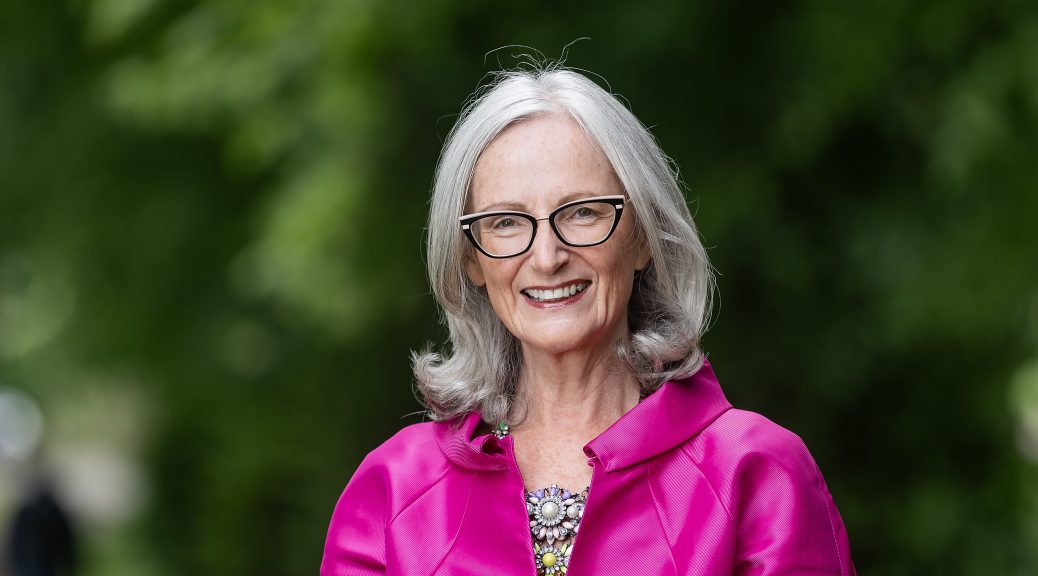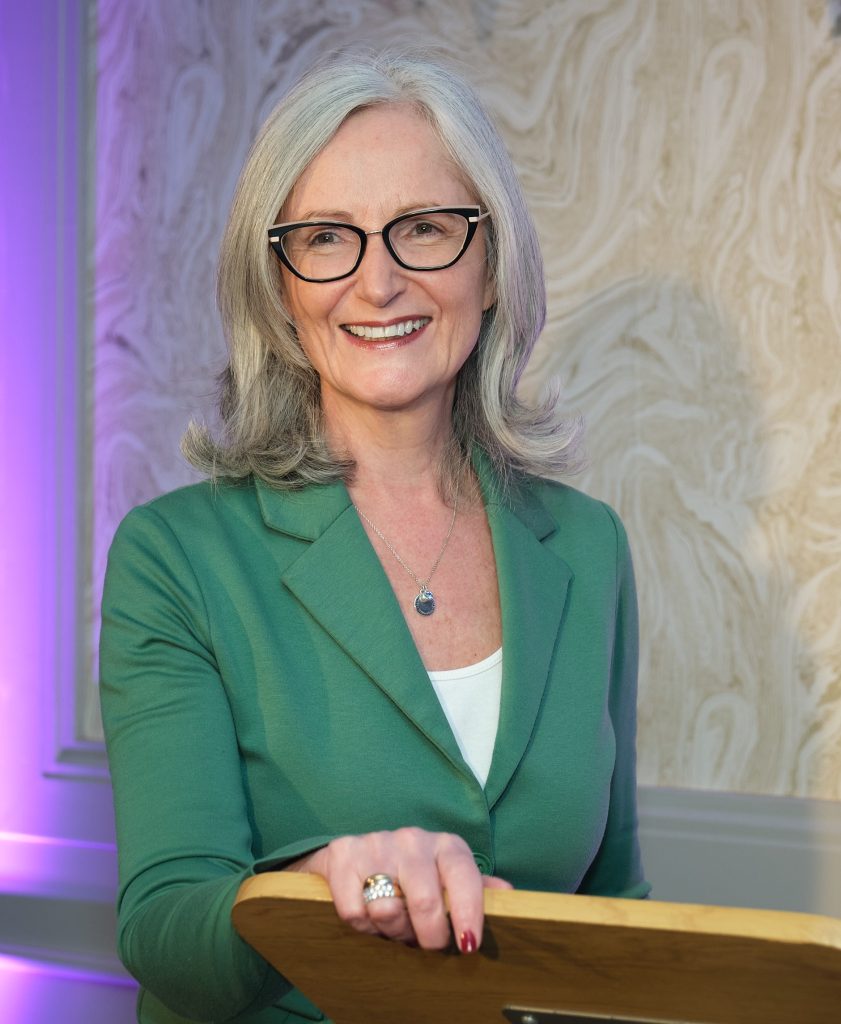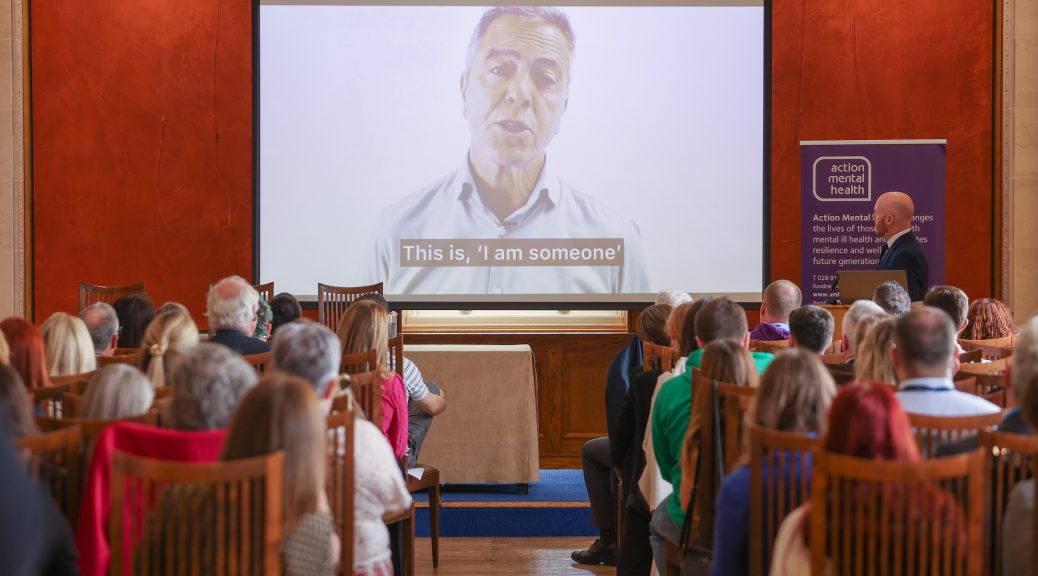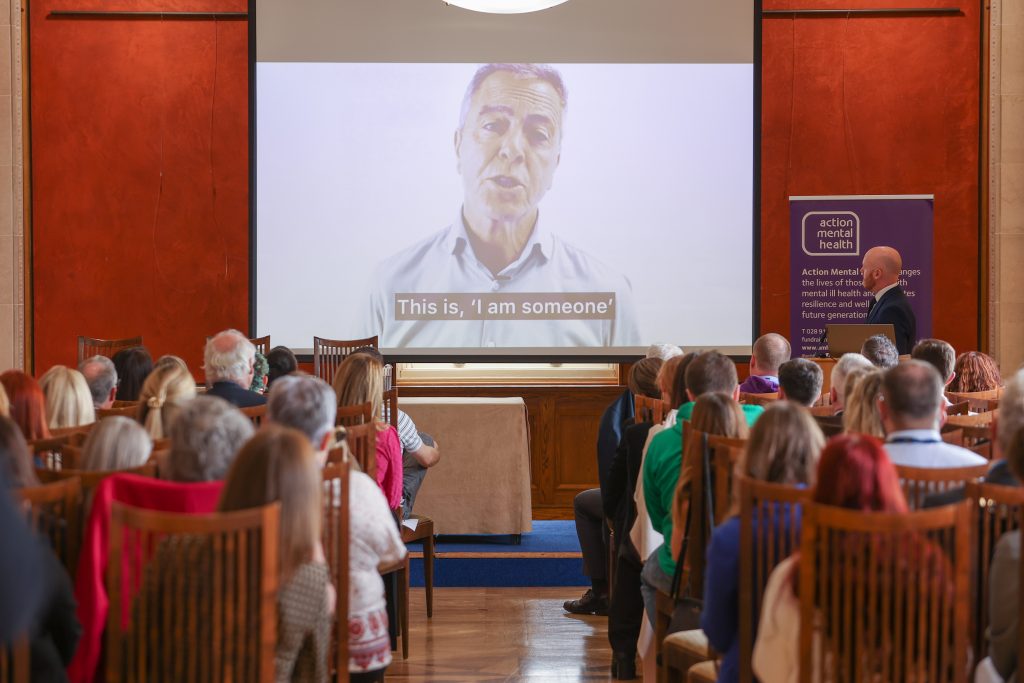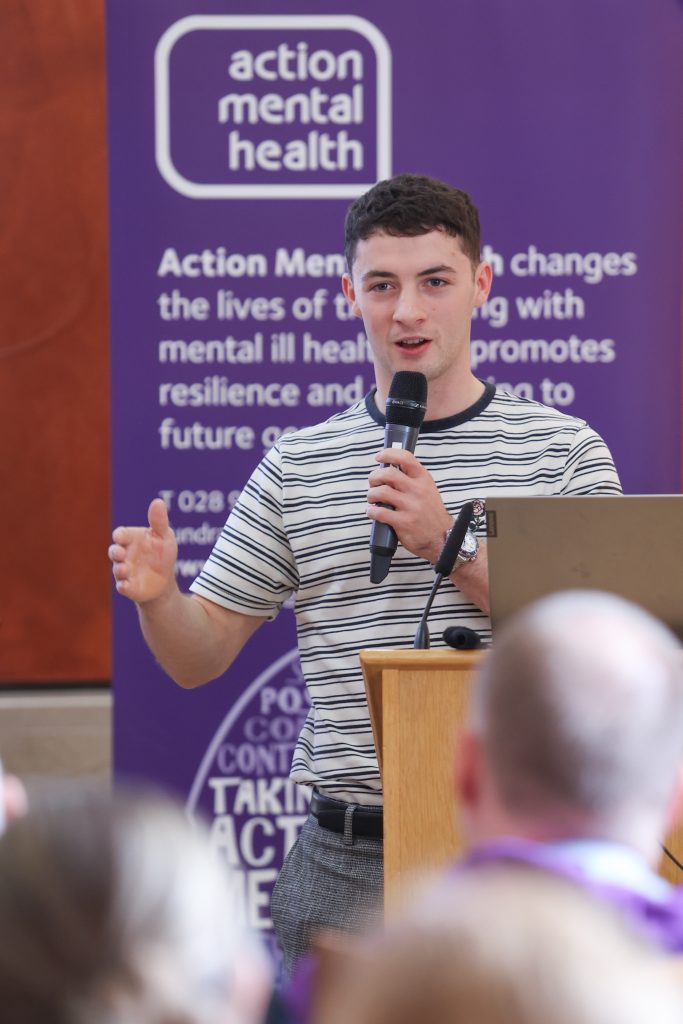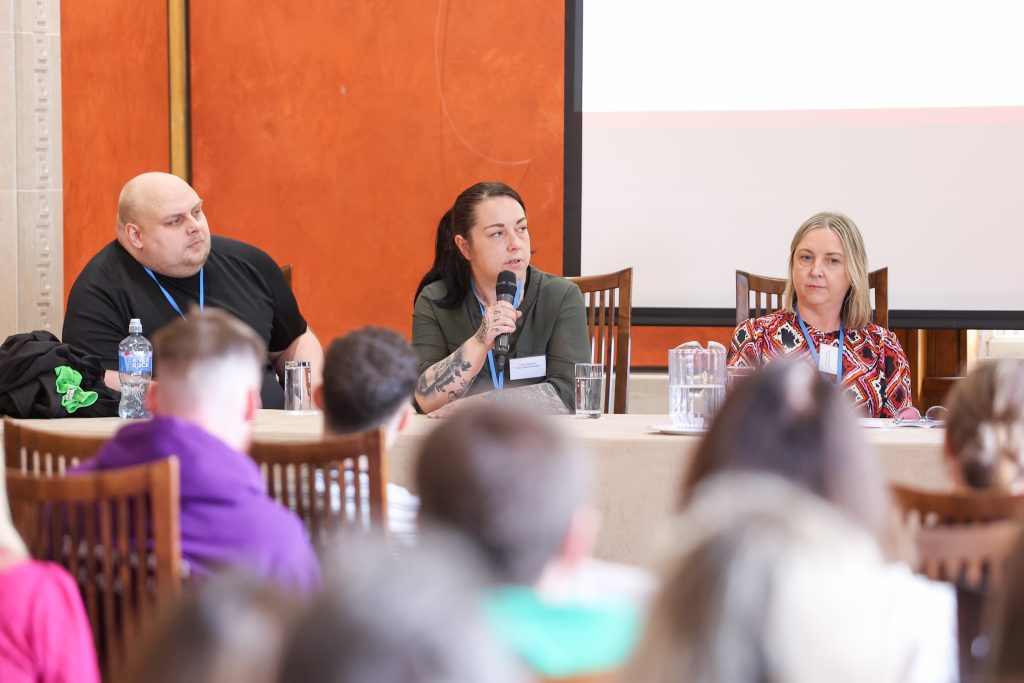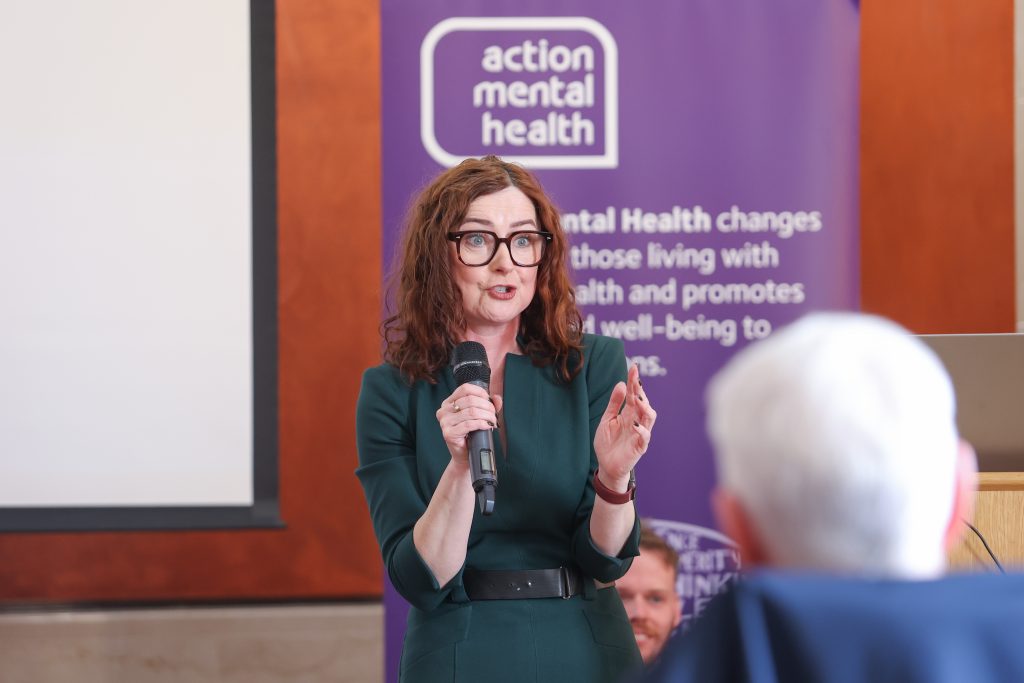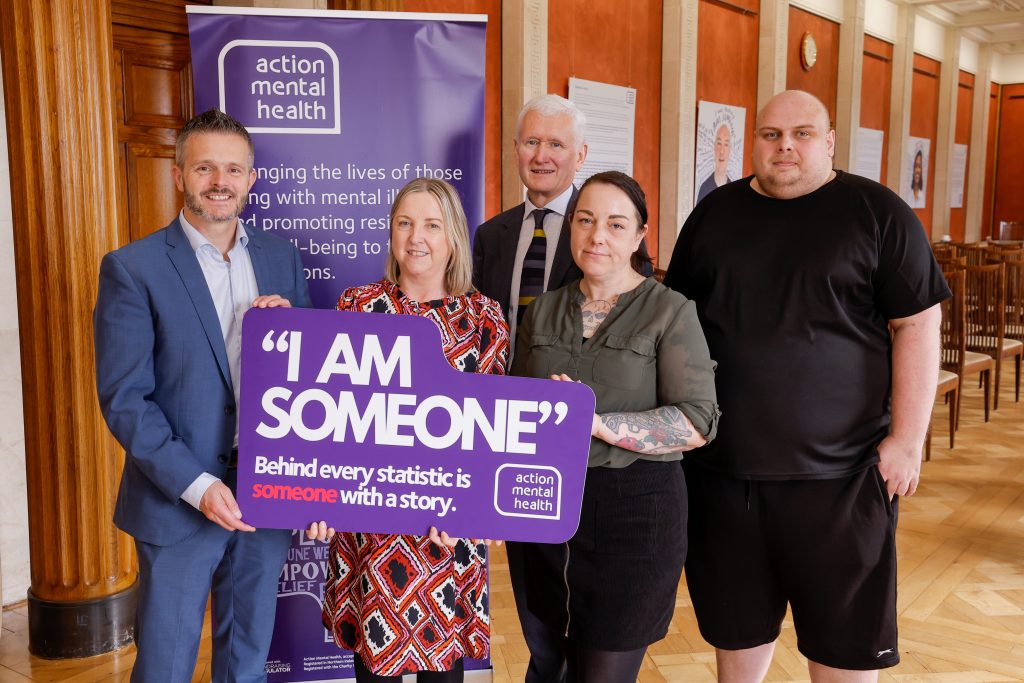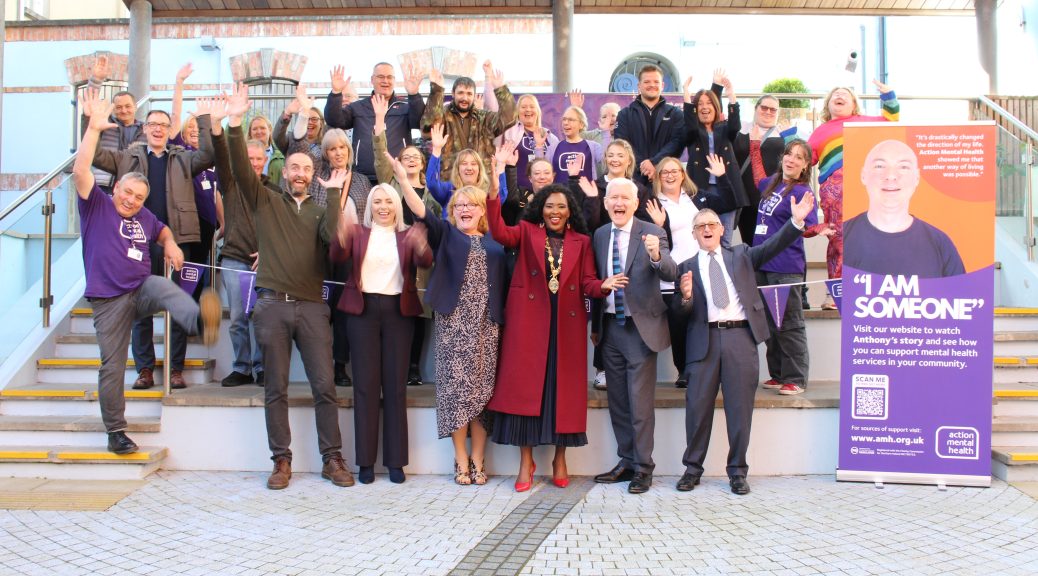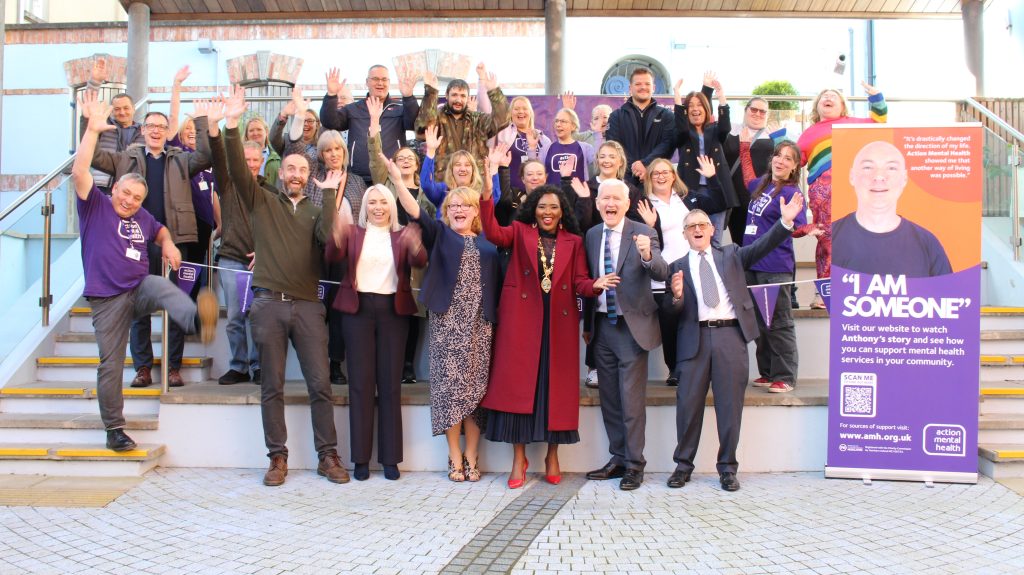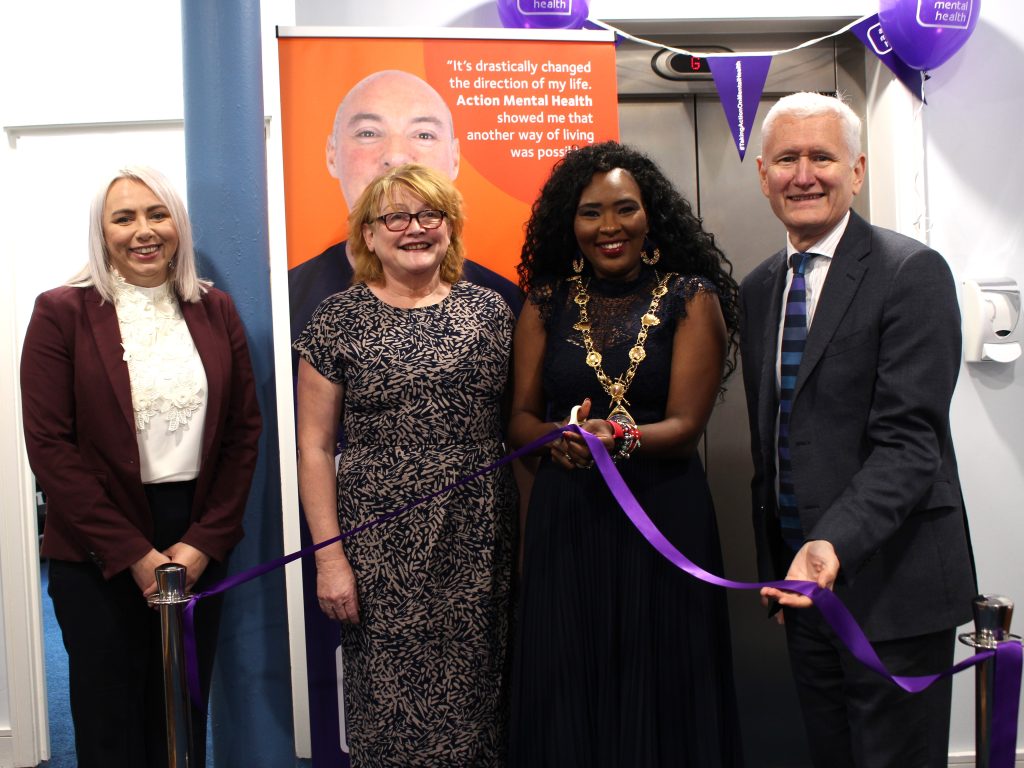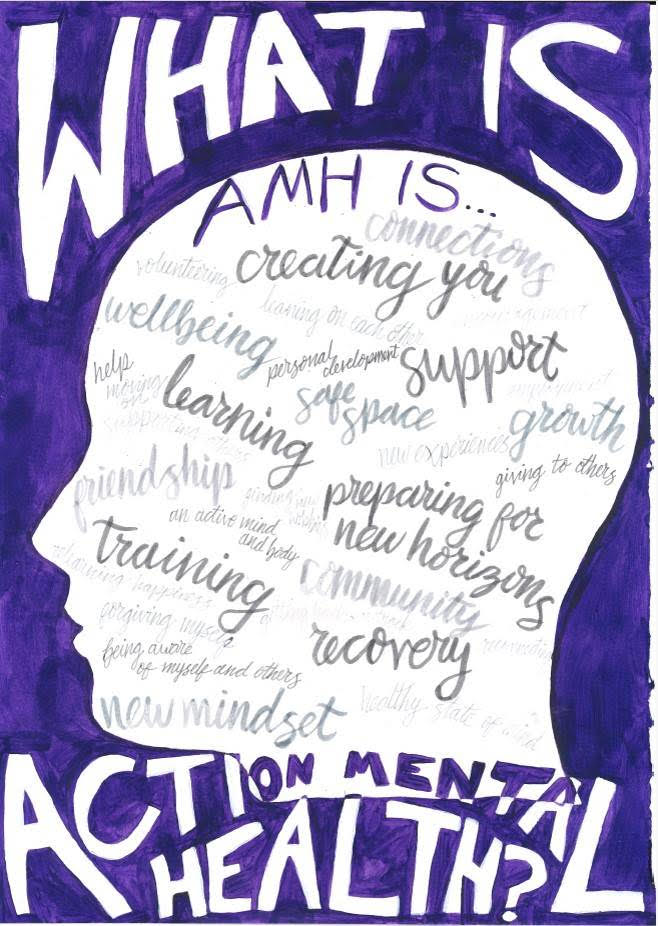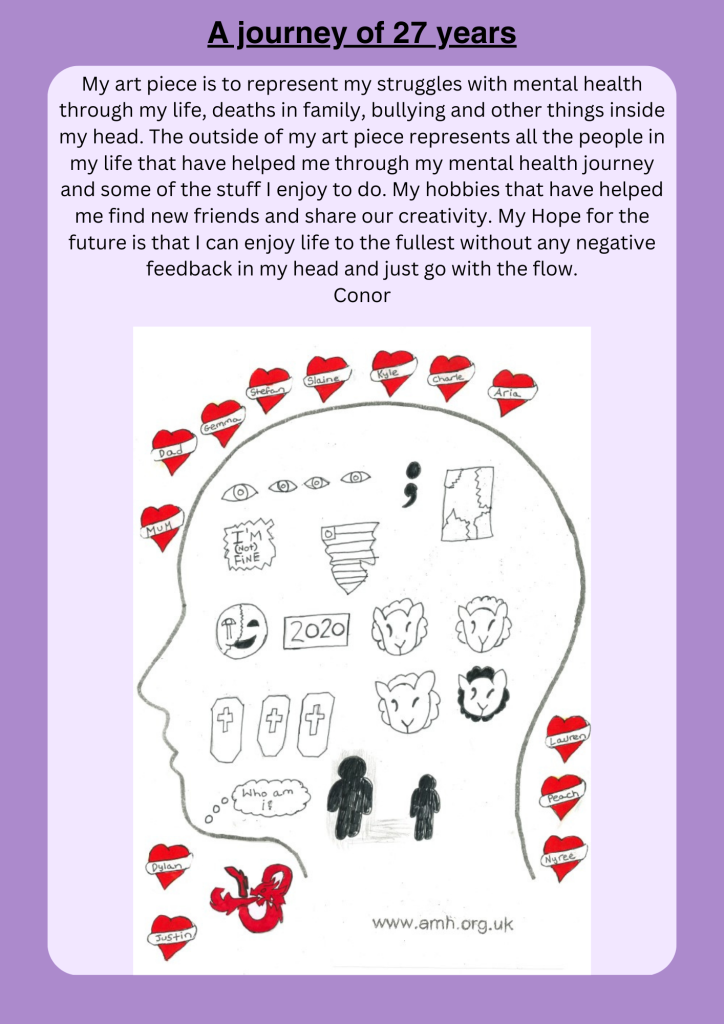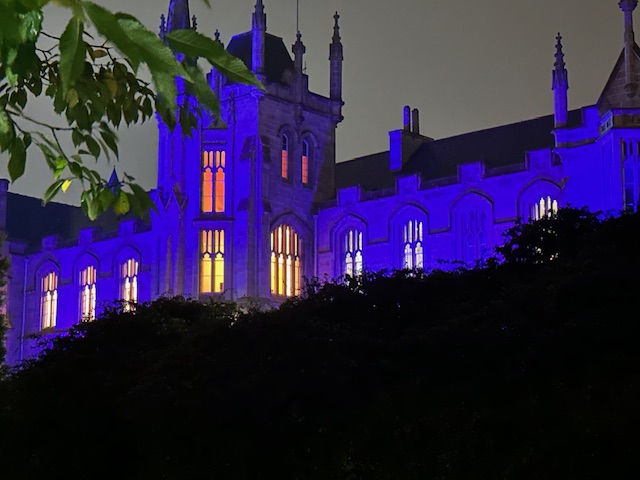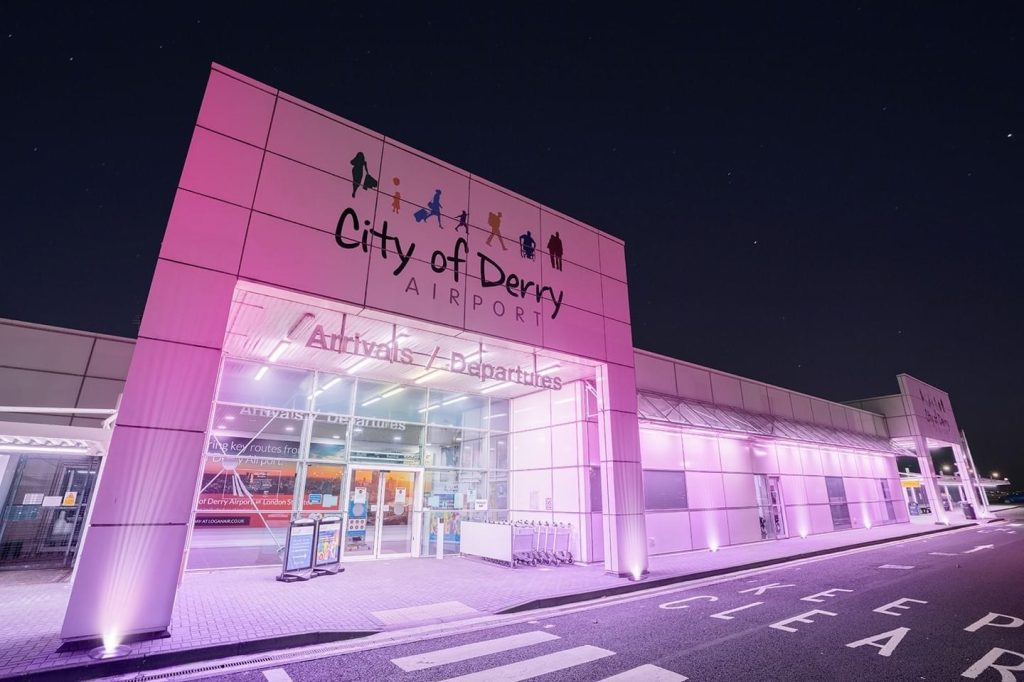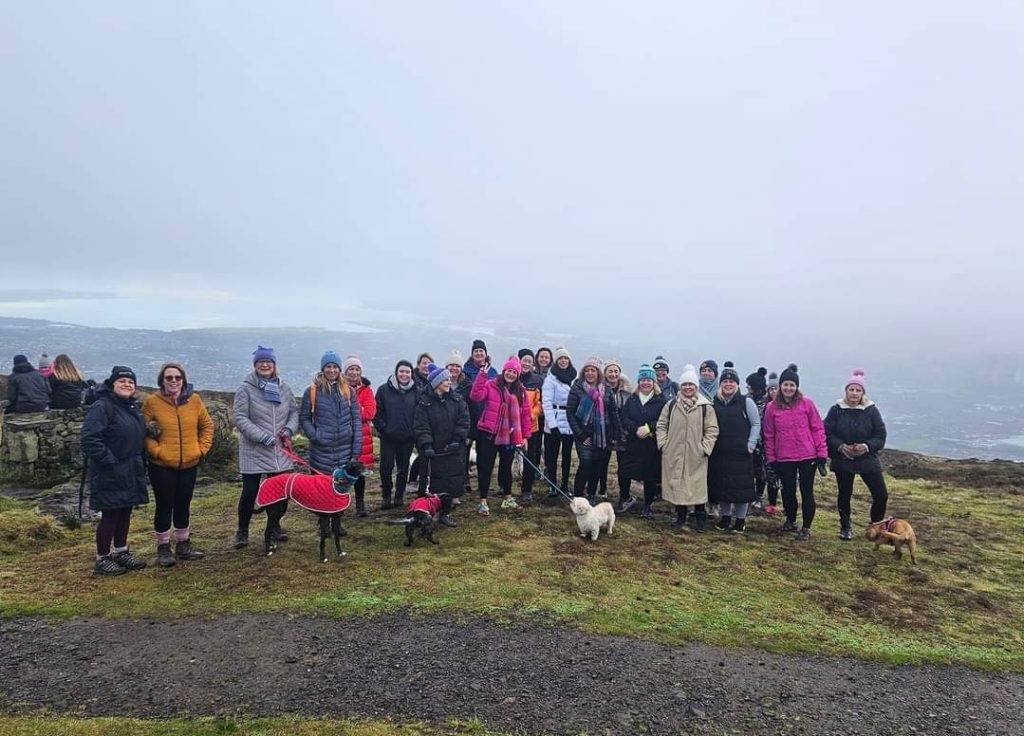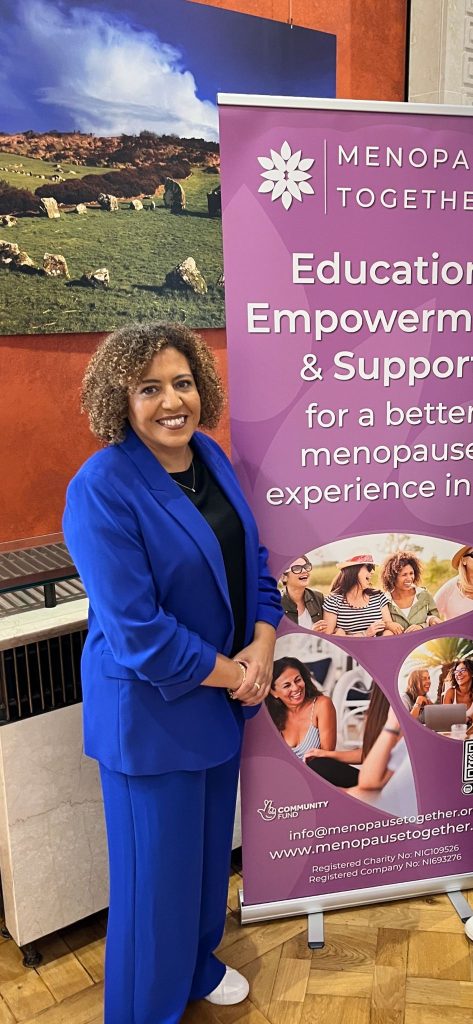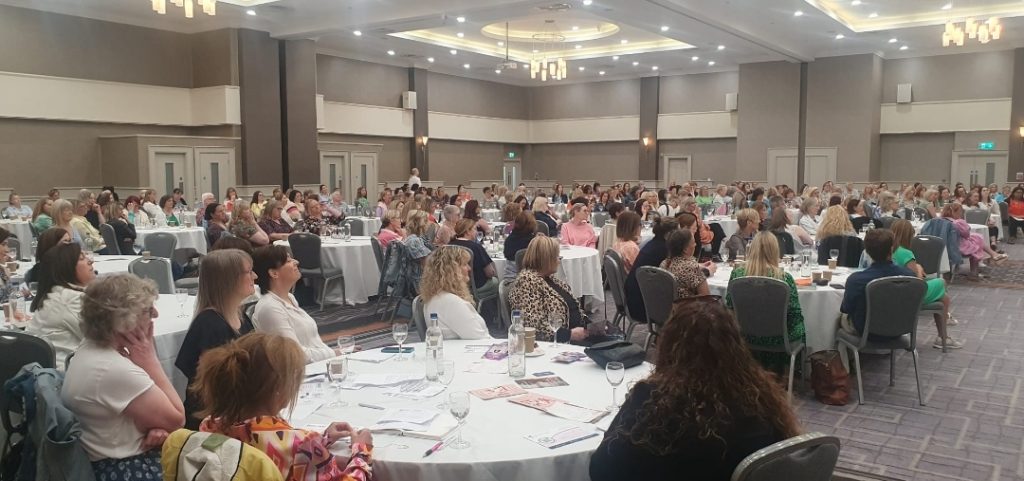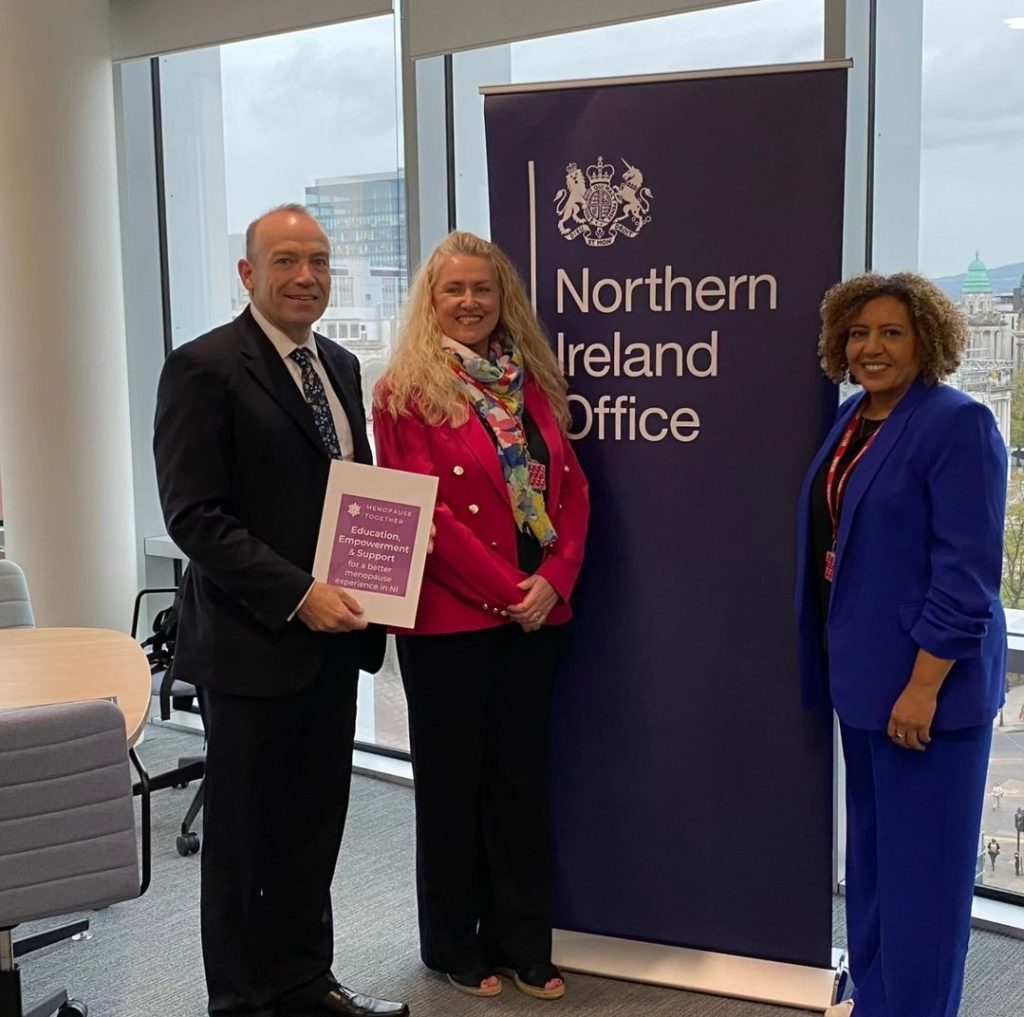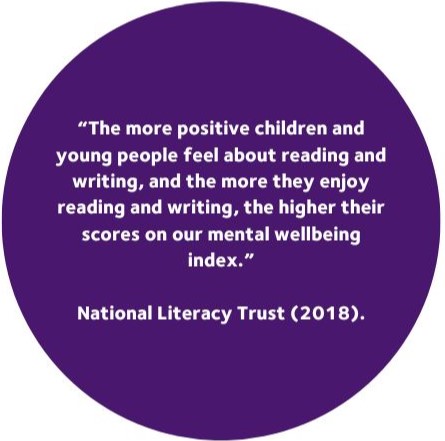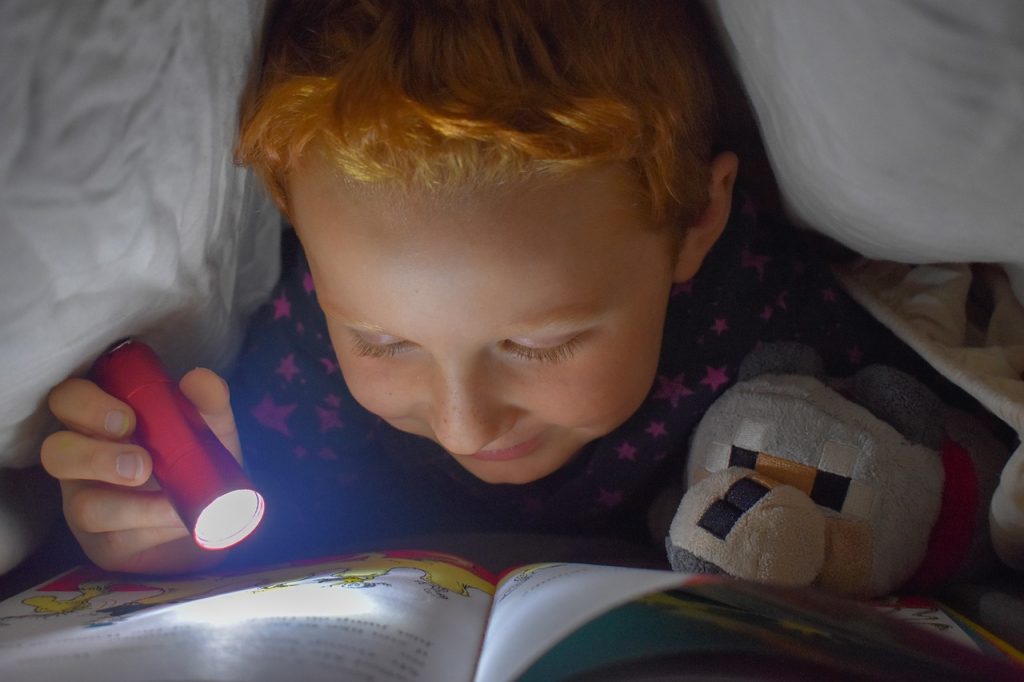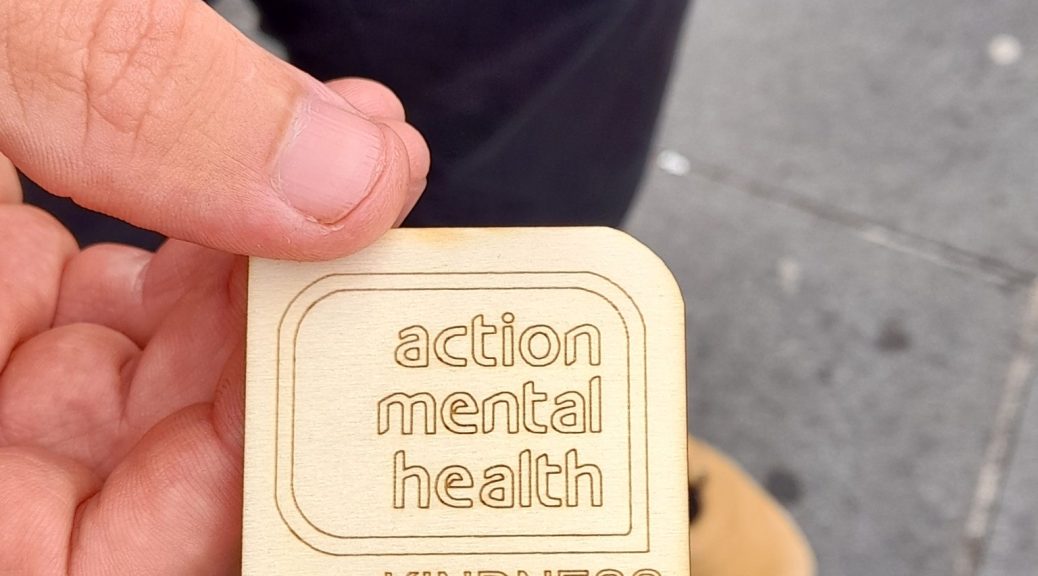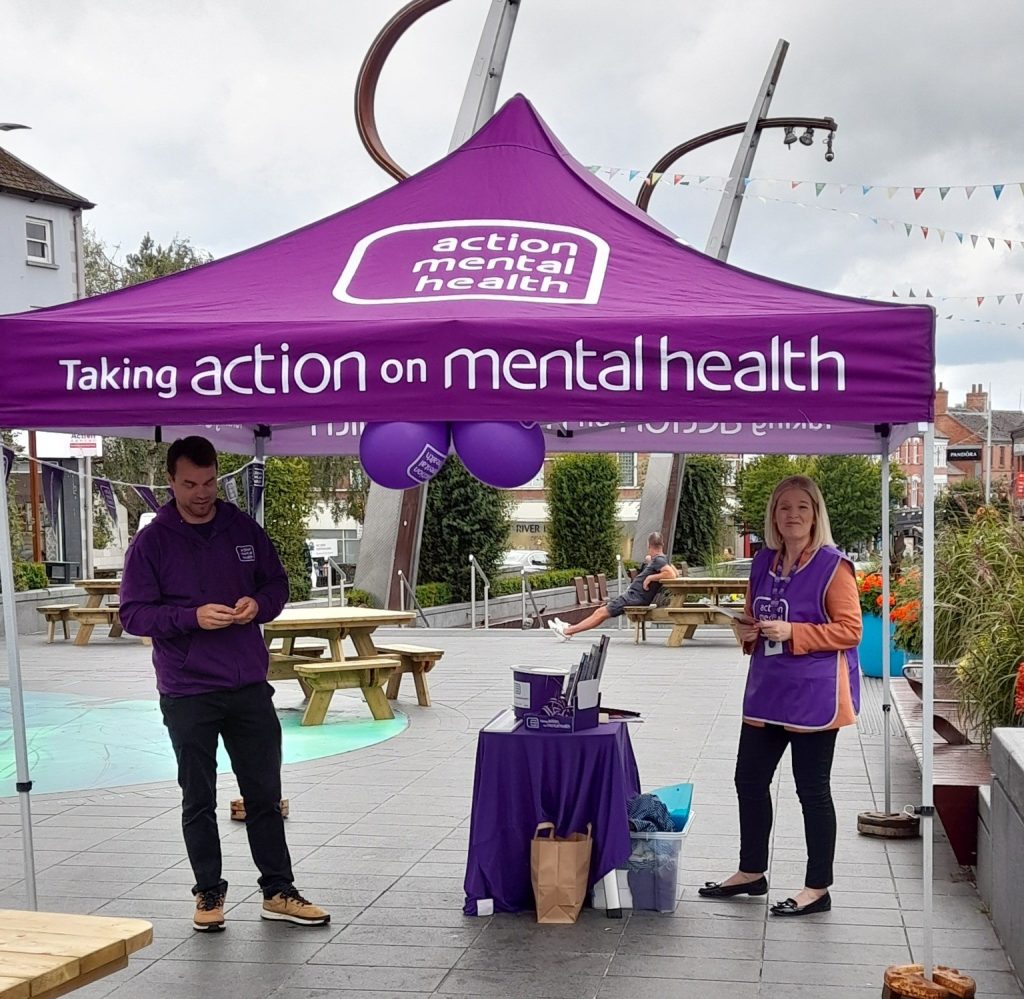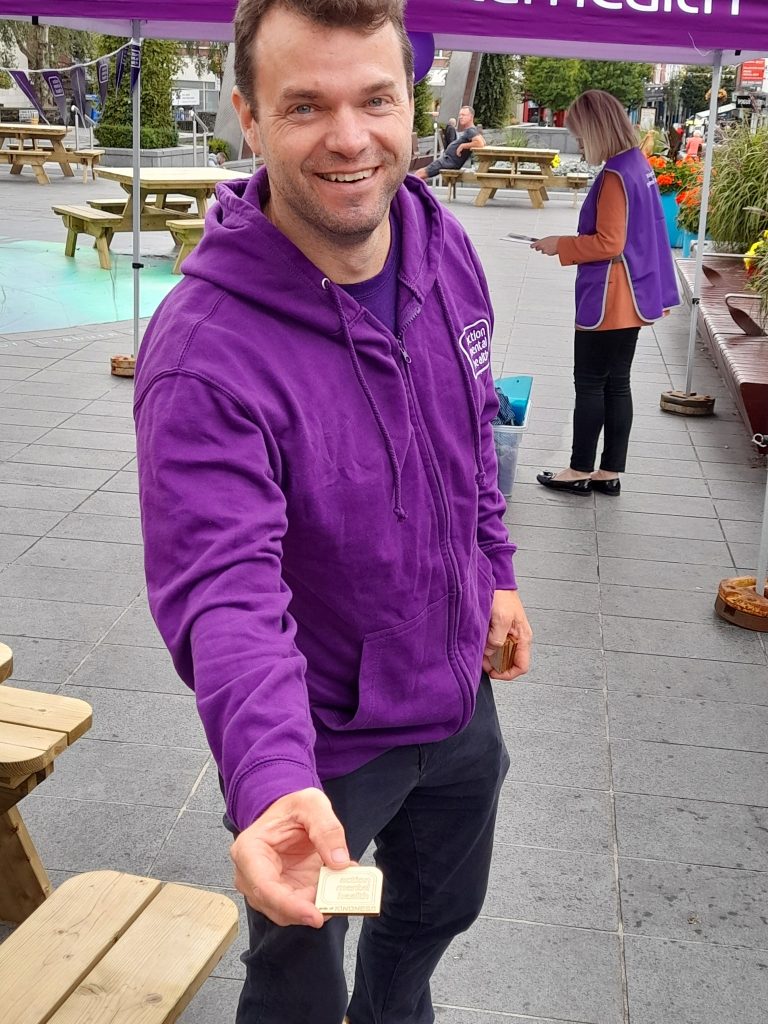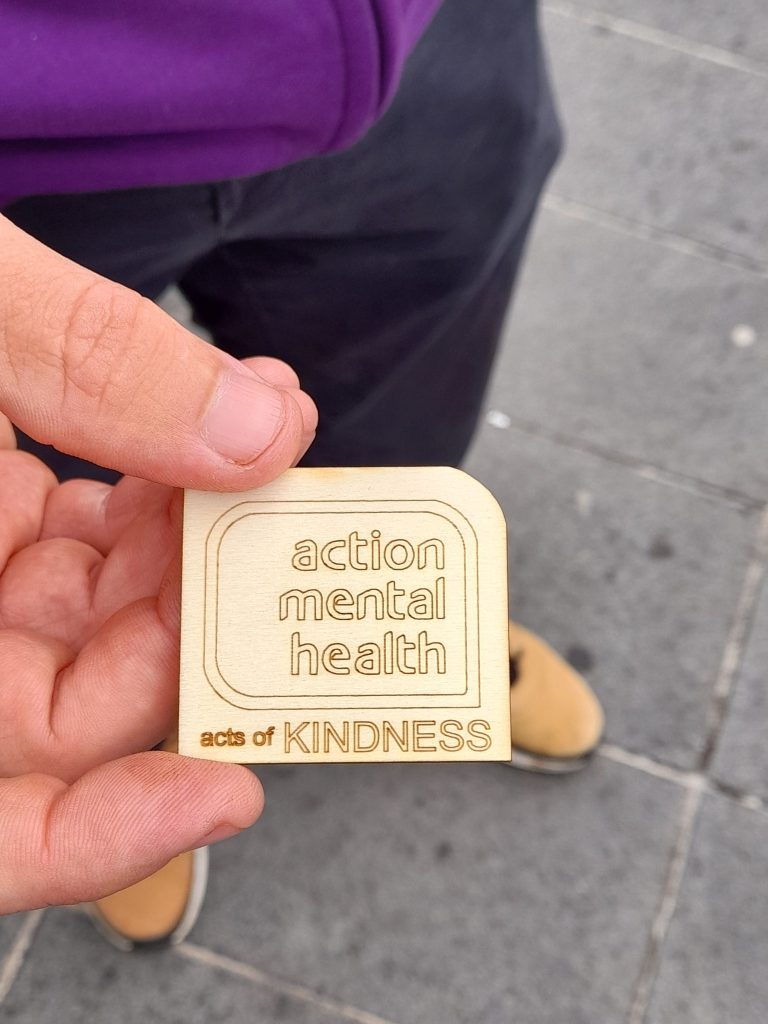With October marking Menopause Awareness Month, there’s no better time to get talking about the perimenopause and menopause.
For the third of our menopause-related blogs this month, we’ve subsequently spoken to Siobhan Kearney, founder and CEO of Menopause NI, an organisation which raises awareness of the menopause and delivers training to workplaces, communities and the statutory sector. Established in 2020, Menopause NI draws on evidence-based research for all of its workshops – currently delivered by Siobhan – with clinical insight and support provided by Dr Gwyneth Hinds.
Having spent more than 25 years working in senior leadership roles across the community and voluntary sector in Northern Ireland, Siobhan was a CEO within the mental health sector when her own experience with the menopause began. As is the case with many, however, when she began feeling low, anxious and overwhelmed in a job she had hitherto been managing just fine, the menopause didn’t even cross her mind.
While there are a variety of both physical and mental health symptoms associated with the perimenopause (which occurs in the lead-up to menopause itself), Siobhan said that the mental health symptoms could be particularly hard to identify and understand. Indeed, along with other menopause symptoms, they can often cause people to reduce their working hours and even leave their jobs altogether.
“When I’m doing presentations to workplaces it seems that the common physical health symptoms of menopause are easier to talk about,” she said. “When it comes to the mental health impact, however, I don’t think people fully understand this. The menopause is also still really stigmatised. It can still be very difficult for people to talk about it, let alone talk about the mental health side of things alongside that.”
Although Menopause NI is now helping to increase awareness and understanding of the perimenopause and menopause, when Siobhan started her own menopause journey, she didn’t understand what was happening to her. “That’s why I do what I do now, at Menopause NI,” she said. “I thought to myself, ‘Here I am, a chief executive and I’m feeling anxious with hot flushes and palpitations’. I didn’t know it was the perimenopause. When I began to understand, however, I then thought – why did I not know this? It actually contributed to me leaving that job.”
Impact of menopausal mental health on careers
Research from the Chartered Institute of Personnel and Development (CIPD, 2023) found that, in a survey of 2,000 employed women aged 40-60, more than half said they had been “unable to go into work at some point due to menopause symptoms.”
They further found that two-thirds of the women (67%) reported their most common menopause symptoms as being “psychological, such as mood disturbances, anxiety, depression, memory loss, panic attacks, loss of confidence and reduced concentration.” Meanwhile, approximately one in six people (17%) had considered leaving their job “due to a lack of support in relation to their menopause symptoms,” with a further 6% having actually left work.
“It’s important to get the recognition that perimenopause can have a real impact on your mental health and wellbeing,” said Siobhan. “Things like anxiety, loss of confidence, low mood, depression, feeling overwhelmed, having difficulty making decisions… For myself, I remember thinking – where did the real Siobhan go?”
She added that depression associated with menopause was hormone-related but that many were still being prescribed anti-depressants by their GPs, instead of being offered HRT. Indeed, the NICE Guidelines state that there is no clear evidence that anti-depressants such as SSRIs or SNRIs ease low mood in menopausal people who have not been diagnosed with depression.
Meanwhile, for those who may have pre-existing mental health issues, Siobhan added that it was important to discuss this with GPs, so extra steps could be taken. Having GPs who were attentive to the perimenopause was key, she said, in supporting those navigating this transitional period of their lives.
“Menopause happens at a very very busy stage in our lives,” she said. “So, maybe you’re not thinking about the menopause at all. Perimenopause can last anywhere for up to ten years, however. So, when you think about experiencing these mental health symptoms for up to ten years, perimenopause can be the most challenging time for women.”
Reflecting on her own menopause experience, Siobhan said that, once she began to understand what was happening to her, she was able to take back control and better manage her symptoms. She did this through a combination of lifestyle changes and HRT, working on herself in terms of reassessing her diet and exercise. She added that, while HRT was “very helpful” for her own symptoms, the menopause was a “very individual journey for every woman” and that each person should find what worked for them.
“The good news is that symptoms tend to diminish over time,” she said. “A lot of people who are post-menopausal say things have got back to a new normal. For me, I’m a different version of myself now. I’m a stronger person – and more confident. I no longer care what people think about me.”
Realising that there was an obvious deficit when it came to awareness about the menopause and how to handle it, Siobhan decided that someone needed to do something about that.
“That’s why I started to develop menopause awareness programmes and workshops and looking at clinical governance,” she said. “My main programme was 12 hours, so then it was all about tweaking that for workplaces. I knew it needed an identity of its own.”
Tackling menopause in the workplace
Keen to create a culture in workplaces shaped around understanding menopause and supporting staff who are menopausal, Siobhan said that being able to have conversations at work about these issues was key – and “so empowering.”
“To have an understanding manager on the other side of those conversations is so important,” she said. “It’s all about having that balance. The statistics support the fact that the mental health symptoms of menopause are some of the most common symptoms reported by women and yet, they’re the most difficult to talk about.
“When I speak to companies, a lot of them want me to speak to their management team first and also, to consider what legislation is in place to protect staff experiencing menopausal symptoms. When speaking with the staff, however, that requires a more proactive approach, looking at how to build up the confidence to have that conversation and to look after yourself.”
With the feedback from women who have attended Siobhan’s workshops overwhelmingly positive, there is now an increasing demand for these. She added that many men attended them as well, talking about their wives or partners and how they had changed due to a loss of confidence or anxiousness resulting from menopause.
Siobhan also shares her own menopause experience at the events, using humour to help ease people into the conversation.
“I’m doing all this for the generation coming behind me,” she said. “We need to talk about the menopause with confidence and competence and understanding. That’s a legacy I would like to leave – that women are confident about the menopause. It’s not embarrassing. There’s no shame attached. We need to educate about it and provide access to good information.”
Resources:
- Menopause NI: https://menopauseni.com/
- NHS: https://www.nhs.uk/conditions/menopause/
- British Menopause Society: https://thebms.org.uk/
- Women’s Health Concern: https://www.womens-health-concern.org/
- International Menopause Society: https://www.imsociety.org/?v=7885444af42e
- Dr Siobhan Kirk: https://www.drsiobhankirk.com/
- Menopause Together: https://menopausetogether.org/
- CIPD research: https://www.cipd.org/uk/knowledge/reports/menopause-workplace-experiences/




